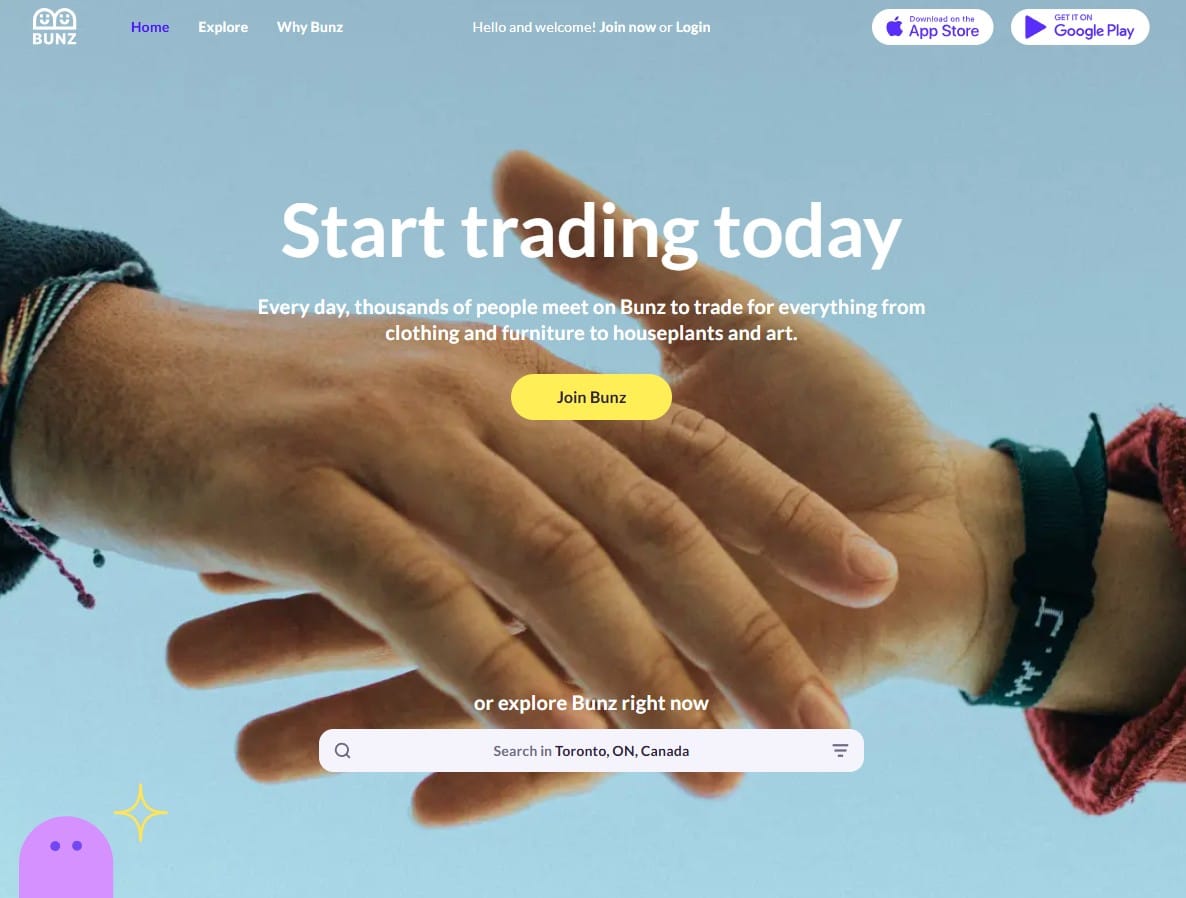The sharing economy continues to reshape how people exchange goods and services, with platforms moving beyond traditional monetary transactions towards alternative trading systems. As environmental consciousness rises and circular economy principles gain traction, a new wave of applications is emerging to facilitate cashless bartering – a practice that’s gaining momentum across Canada and beyond.
According to recent market research, the sharing economy is expected to grow by USD 1.11 trillion during 2024-2029, accelerating at a compound annual growth rate of 32.3%. Within this expanding sector, virtual barter software markets are projected to reach USD 793.53 million in 2024, climbing to USD 1,094.25 million by 2030.
Learning from Cryptocurrency’s Missteps
No ads. No tracking.
We don’t run ads or share your data. If you value independent content and real privacy, support us by sharing.
Read More
Digital trading platforms have been significantly shaped by the challenges faced by cryptocurrency projects. Data from 2024 reveals that 53% of cryptocurrencies launched since 2021 have failed , with many projects struggling to provide real-world utility beyond speculative trading.
Trading platform Bunz , originally launched in 2013 through a simple Facebook post asking for pasta sauce, rapidly expanded across Canada, the USA and into Europe, becoming what it claims was the world’s largest online trading platform. The platform experienced a decline partly because its internal currency, BTZ (Bunz Trading Zone), was originally designed to function like a cryptocurrency but failed to deliver the anticipated results.
Co-founder Firat Eren, who took ownership of the platform in 2020, acknowledges the platform lost its way. ‘ The heart of Bunz got buried under systems that weren’t built to last — with this new release we believe we’ve made sure that doesn’t happen again’.
Now relaunched, Bunz is focusing on its key founding principle, facilitating easy bartering for goods and services between people and businesses.
The Environmental Case for Bartering
The renewed interest in bartering platforms aligns with broader circular economy trends that have gained prominence in 2024. The United Nations Environment Programme reports that municipal waste generation is expected to increase from 2.1 billion tonnes in 2023 to 3.8 billion tonnes by 2050, making waste reduction strategies increasingly critical.
Modern bartering addresses several sustainability concerns: it extends product lifecycles, reduces demand for new manufacturing, and keeps items out of landfills. Trading platforms effectively create what researchers call a ‘circular approach to consumption ‘, where items are continuously reused rather than discarded.
Beyond Environmental Benefits
The appeal of cashless trading extends beyond environmental considerations. For many users, the practice offers financial relief during periods of economic uncertainty, allows for creative exchanges of skills and services and builds community connections that traditional commerce often lacks.
Eren’s rebuilt platform operates under three core principles: No Cash, No Discrimination, No Spamming. The redesigned BTZ currency system is not a cryptocurrency but rather an internal credit system that can be earned but never purchased, distinguishing it from speculative tokens that have plagued many digital platforms.
Users can earn BTZ through actual trades, creating or watching short-form videos, or viewing sponsored content. The platform uses a mountain-themed progression system, with users starting at Mount Fuji level and potentially reaching Everest status, representing the top 1% of users.
Bunz operates within a growing field of alternative trading platforms. Business-to-business barter networks have also seen renewed interest, with companies like Tradebank reporting that modern bartering is on an upward swing as business owners seek experimental cashless payment methods.
The resurgence comes as traditional financial systems face scrutiny and as people seek more sustainable consumption patterns. Research from the Ellen MacArthur Foundation suggests that circular economy practices can generate substantial economic benefits while reducing environmental impact.
However, these platforms must navigate the lessons learned from failed digital currency projects. The key appears to be focusing on practical utility rather than speculative value, building genuine communities rather than just user bases, and creating systems that complement rather than compete with traditional commerce. Interest in alternatives to physical money continues to grow as digitalisation accelerates.
‘Bunz isn’t anti-capitalism, and isn’t here to tear anything down. It’s here to build something alongside money, a second system that works differently, not because money failed, but because the world evolved and money never had to,’ Eren explains.
Future of Alternative Trading
As the sharing economy continues to mature, platforms that successfully balance sustainability goals with practical functionality are likely to find growing audiences. The challenge lies in creating systems that are simple enough for widespread adoption while sophisticated enough to handle complex multi-party trades.
The success of relaunched platforms like Bunz may signal whether alternative trading systems can establish themselves as permanent fixtures in the digital economy, or whether they remain niche solutions for environmentally conscious consumers. With global waste management costs projected to nearly double within a generation, the stakes for finding sustainable alternatives to traditional consumption patterns have never been higher. For entrepreneurs looking ahead, understanding emerging market trends in alternative commerce could prove crucial.
About Bunz
Bunz operates on a simple premise: one person’s unwanted item is another’s treasure. The platform facilitates direct swaps between users – from half-used nail polish to furniture – without traditional currency.
Users earn BTZ tokens through participation, which can unlock additional platform features. The service spans multiple cities including Toronto, Montreal, and New York.
More info: www.bunz.com | iOS /Android apps available | @bunz_official


